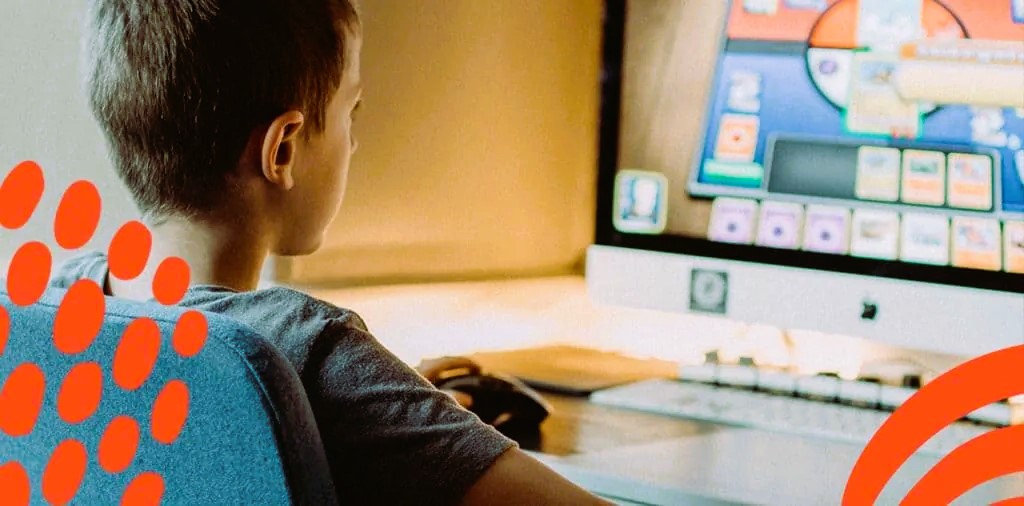In recent years, there has been growing interest in the potential impact of video games on cognitive skills development in both children and adults. While video games are often criticized for their addictive nature and potential negative effects, research suggests that they may also offer benefits for cognitive development, including improvements in attention, memory, problem-solving, and spatial reasoning. In this article, we’ll explore the ways in which games can impact cognitive skills development and the research supporting these findings.
1. Attention and Focus
One of the key cognitive skills that games can help develop is attention and focus. Many games require players to maintain focus for extended periods, whether it’s navigating through complex environments, solving puzzles, or competing in fast-paced action sequences. Research has shown that playing action video games, in particular, can improve selective attention and the ability to rapidly switch between tasks, which are essential skills for success in many areas of life.
2. Memory and Learning

Games can also have a positive impact on memory and learning. Many games require players to remember and recall information, such as character names, item locations, or puzzle solutions. Research suggests that playing certain types of games, such as strategy and puzzle games, can improve both short-term and long-term memory, as well as enhance learning abilities and information retention.
3. Problem-Solving and Critical Thinking
Another cognitive skill that games can help develop is problem-solving and critical thinking. Many games present players with challenges and obstacles that require creative and strategic thinking to overcome. Whether it’s devising a plan to defeat a boss in a role-playing game or solving a complex puzzle in an adventure game, games encourage players to think critically, analyze situations, and develop effective problem-solving strategies.
4. Spatial Reasoning and Cognitive Flexibility
Games can also have a positive impact on spatial reasoning and cognitive flexibility. Many games, particularly those in the puzzle and strategy genres, require players to manipulate objects and navigate through three-dimensional spaces. Research suggests that playing these types of games can improve spatial reasoning abilities, such as mental rotation and spatial visualization, as well as enhance cognitive flexibility, which is the ability to adapt to changing situations and perspectives. How the game process affects our emotional state, read more in the article entitled Games and Psychology.
Conclusion

In conclusion, games have the potential to positively impact cognitive skills development in both children and adults. From improving attention and memory to enhancing problem-solving and spatial reasoning abilities, games offer a wide range of benefits for cognitive development. However, it’s essential to note that not all games are created equal, and the impact of games on cognitive skills development can vary depending on factors such as game genre, complexity, and duration of play. By choosing games that are engaging, challenging, and age-appropriate, individuals can maximize the cognitive benefits of gaming while minimizing potential negative effects.
For further reading on the impact of games on cognitive skills development, you can visit the following websites:
These resources provide valuable insights and information on the relationship between gaming and cognitive development, as well as tips and recommendations for incorporating games into cognitive skills training programs. Whether you’re a parent looking for educational games for your children or an adult interested in cognitive enhancement, these websites offer a wealth of resources to help you better understand the impact of games on cognitive skills development.

